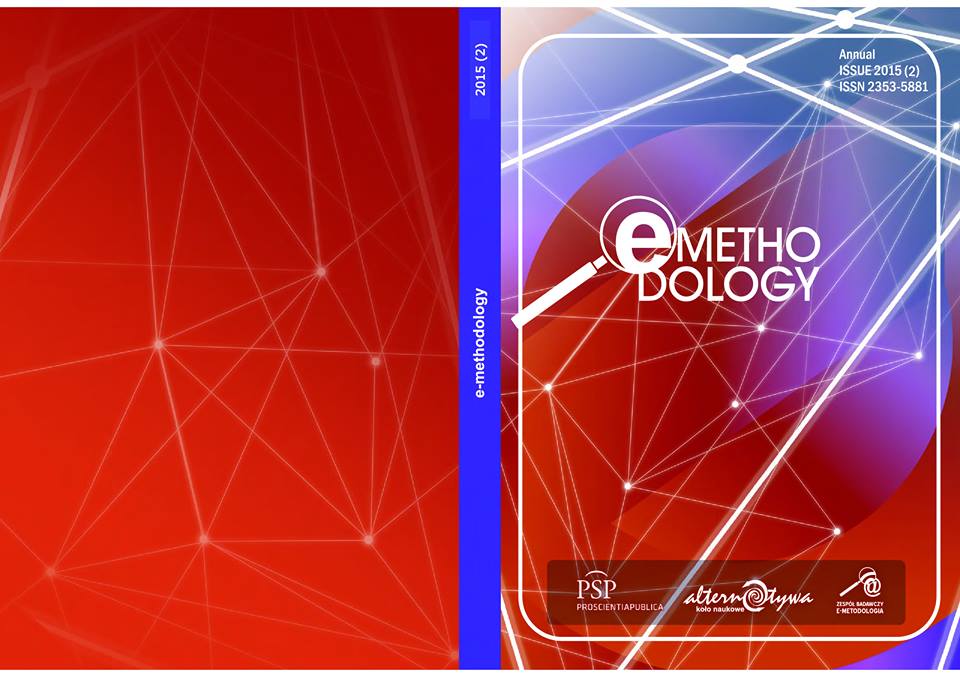iCivics: How Can Online Games Work In Higher Education?
iCivics: How Can Online Games Work In Higher Education?
Author(s): Zsófia Illés, Krisztina Szabó, Alexandra SzemereSubject(s): Social Sciences, Education, Sociology
Published by: Fundacja Pro Scientia Publica
Keywords: iCivics; Online Games; ICT tools; Higher Education Development; Teaching Argumentation
Summary/Abstract: Could online games work for adults in Higher Education, for instance in teaching Argumentation Theory? We chose iCivics as our case study, which is basically an online education assisting program. iCivics was created by Sandra Day O’Connor and has been applied since 2009 throughout the USA. The online gaming program is designed for middle and high school students for developing their argumentative writing skills. It seems that the iCivics’ goals are the same as ours. As practising teachers we experience that the attainment of Argumentation Theory is difficult for students, even for those who are mastering in Communication Studies. We focus on the question whether iCivics is applicable in Higher Education, and how. In our research we critically analyse iCivics based on a constructivist standpoint elaborated by McGonigal (2011, in: Buck 2013), Andrea Kárpáti (2008), Sue S. Wingfield and Gregory S. Black (2005) and Jonh Biggs (2007). As a final aim we would involve fellow argumentation teachers in the methodological development of argumentation courses.
Journal: e-methodology
- Issue Year: 2015
- Issue No: 2
- Page Range: 163-174
- Page Count: 12
- Language: English

